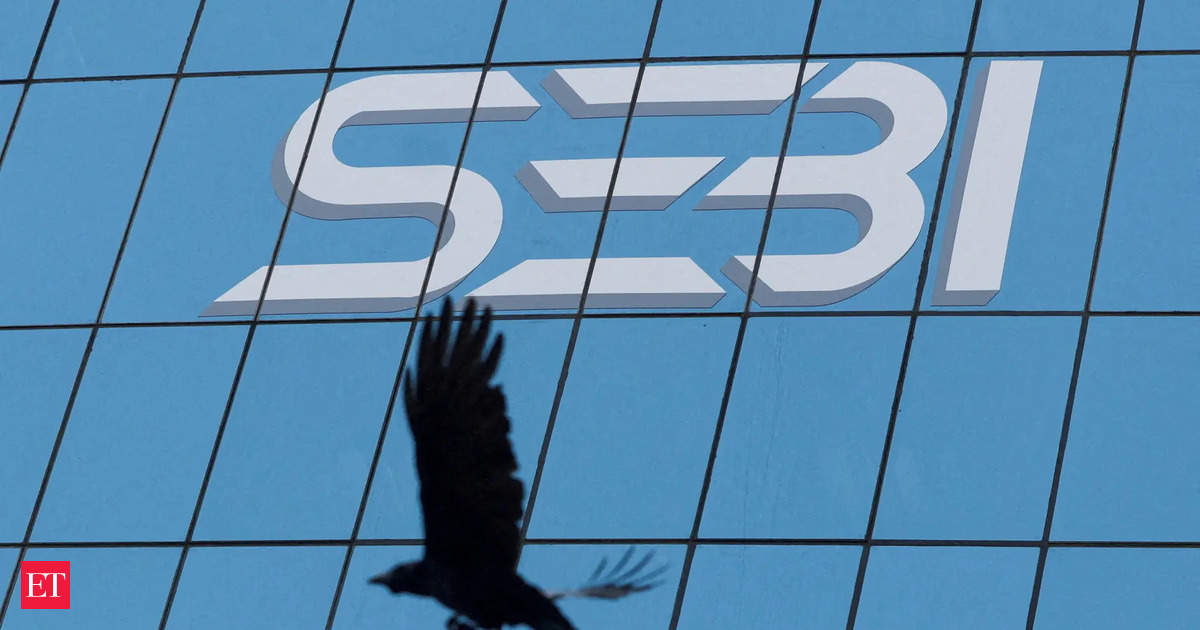This regulatory push has resulted in a notable increase in leasing of green-certified office spaces across the top six cities, totaling 13 million square feet in the second quarter of 2024, Colliers data showed. These green spaces now account for 82% of total leasing activity during the period.
“Over the past few quarters, developers, investors and occupiers in the office market have increasingly embraced the adoption of sustainable elements in their portfolios. This also reflects the strong commitment of occupiers to align their sustainability goals with the overall sustainability goals of the country. From 2023, around 70-80% of space occupancy by engineering and manufacturing, technology and BFSI players has been in green certified buildings“said Arpit Mehrotra, managing director of office services in India at Colliers.
According to the report, the technology center Bangaloreand the country’s financial capital Mumbai recorded the highest leasing of green-certified buildings, capturing around 75% of the market share in the first half of 2024, with technology, engineering and manufacturing companies showing increased preference for leasing space in green-certified buildings.
“This trend is expected to accelerate further in the coming years. Moreover, mandatory sustainability reporting by Sebi is an added impetus for occupiers, investors and developers to increasingly consider green portfolios and meet their ESG objectives,” Mehrotra said.
Sebi has introduced new measures to streamline disclosure of environmental, social and governance (ESG) information by listed companies and their value chain partners. Under the new proposal, companies will be required to disclose ESG metrics for value chain partners that individually account for 2% or more of a company’s purchases or sales by value. Initially, disclosure for value chain partners will be voluntary for the first year rather than mandatory on a comply-or-explain basis. Real estate developers are increasingly aligning their offerings with global sustainability standards, simultaneously delivering several tangible benefits to their tenants, including lower operating costs, improved indoor air quality and increased employee productivity.
Currently, LEED, GRIHA and WELL are some of the major green certifications available in the Indian market that validate buildings as “green” by assessing various parameters such as energy consumption, waste generation and alignment of design with health and wellness aspects.
“Both domestic and multinational companies are increasingly prioritizing ESG compliance, driving significant demand for green buildings. Builders are responding to this shift by focusing on sustainable practices and environmentally friendly construction to meet the rising expectations of conscious businesses and investors. Our current and future developments will be ESG compliant,” said Mahesh Khaitan, CEO, Sattva Group.
Colliers also said in its report that as of 2023, approximately 80% of leasing activity by technology, engineering and manufacturing companies has been in green-certified buildings.
Nationally, the technology sector accounted for around 27% of the total leased space in green-certified buildings from 2023, followed by occupiers in the engineering and manufacturing and BFSI sectors, each with a share of around 19%.
Green-certified office spaces have sparked interest from managed office operators as flexible office solutions become more prominent in the corporate real estate portfolio. Many companies are also renovating their older offices by incorporating sustainable elements into the overall design and construction of the buildings.
“We are prioritising the occupancy of green-certified buildings. With occupiers increasingly moving towards flexible green-certified buildings, we are also increasing our sustainable offering in our overall commercial portfolios. There are many older assets that we are acquiring and renovating into green buildings,” said Shesh Rao Paplikar, CEO, Bhive Group.
“Approximately 300 to 350 million square feet of commercial buildings older than 10 years have the potential to be redeveloped in the coming years and add to the country’s green-certified office stock,” he said.
In line with the growing demand, the green building stock is also witnessing a surge. According to Colliers, as of June, about 67% of the Grade A office space in the top six cities was green certified. Bengaluru and Delhi NCR account for about half of the green office stock. In the next two to three years, a majority of the over 150 million sq ft of Grade A office developments in various stages of construction in the top six cities are likely to be green certified, expanding the Grade A green stock to over 600 million sq ft, according to Colliers.
Disclaimer:
The information contained in this post is for general information purposes only. We make no representations or warranties of any kind, express or implied, about the completeness, accuracy, reliability, suitability or availability with respect to the website or the information, products, services, or related graphics contained on the post for any purpose.
We respect the intellectual property rights of content creators. If you are the owner of any material featured on our website and have concerns about its use, please contact us. We are committed to addressing any copyright issues promptly and will remove any material within 2 days of receiving a request from the rightful owner.

